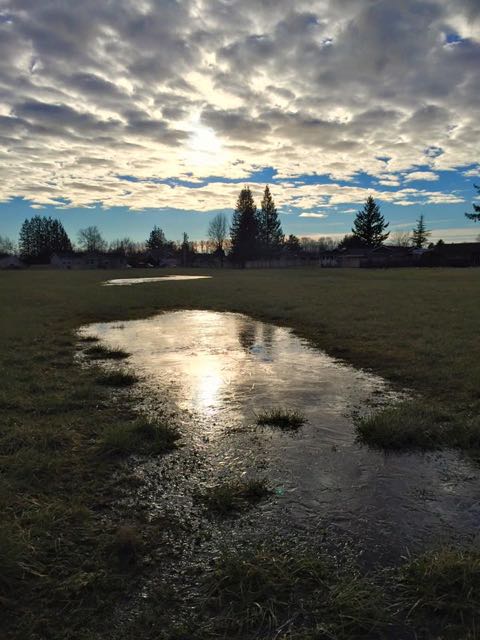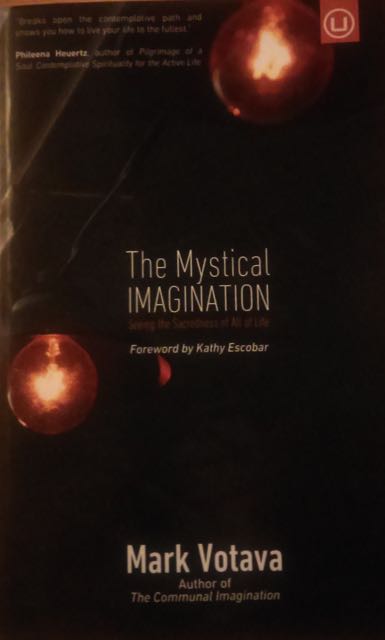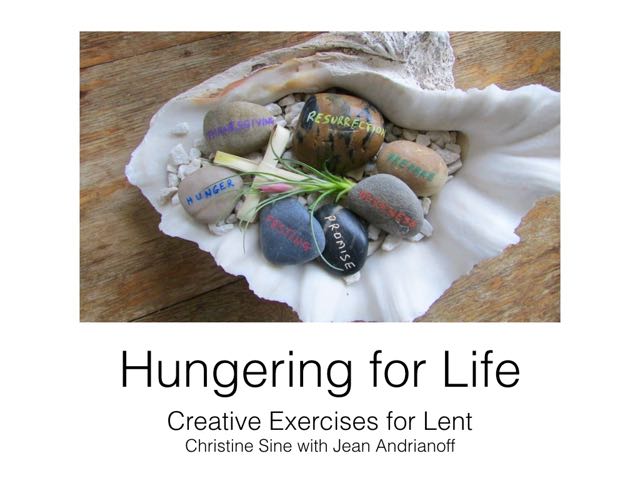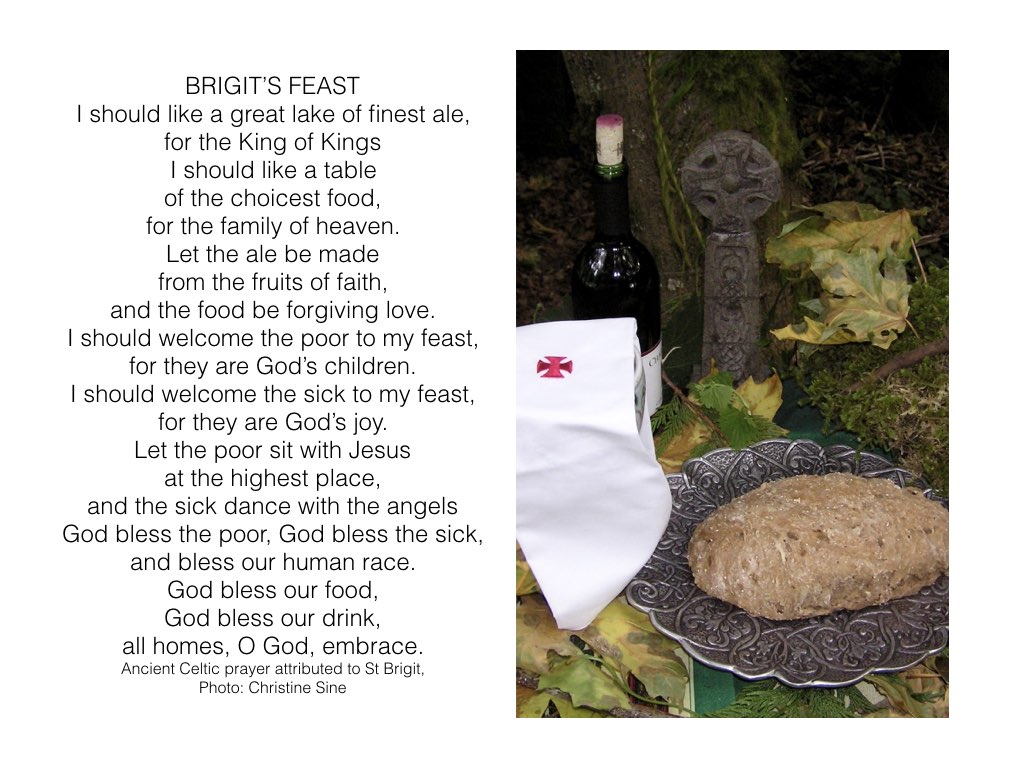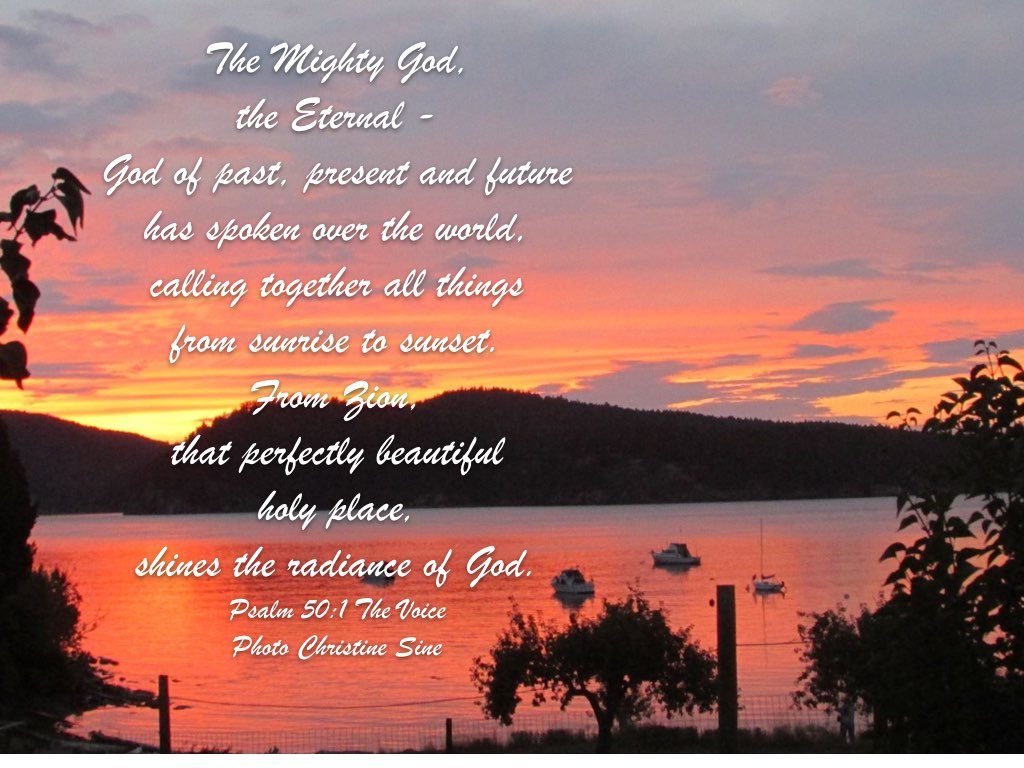Genesis 29:20: “ Jacob worked for Rachel for seven years, but it seemed like a few days because he loved her,” CEB.
Prayer:
Lord God, I want to know
Your word on love, but
these first instances in the Bible
have to do with sacrifice.
That wasn’t what I had in mind!
I can see me praying for someone
to love me so much,
they’ll do almost anything for me,
but such sacrificial love –
as Your bride price for us in Christ –
is overwhelming!
Jacob worked hard in those fields
and had to take a lot of flak from Laban,
but like Your eternal love,
the years seemed like a day!
So, what are You saying, Lord –
that love is not fluffy but hard,
that we might have to put up with quirks,
flaws, and syndromes – or the distress
Jacob felt when he found himself
deceived and receiving
the wrong spouse?
Oh, help us, Loving Father,
to receive Your gift of love.
Help us to love other people to pieces
until each piece of hardship breaks
into faith-manageable prayer size,
given with thanksgiving and praise.
Thank You, God, for staying with us
and seeing us as beautiful,
beautiful in Your sight.
Thoughts: What sacrifice love makes! What sacrifice does God’s love call me to make – or not?
Lenten Rose
breaking through winter’s crust
head bowed
facing earth
fertile soil
from whence you sprang
humble beauty
calling us
to bow our heads
remembering
from dust
were we created
to dust
we shall return
— by Andy Wade —
Lent begins on Ash Wednesday, February 10. We invite you to join with us as we “Hunger for Life“. I am looking forward to walking the journey with others here on Godspace as we share our experiences and ideas for a meaningful Lenten season. I hope you will join us.
by Mark Votava
Sometimes I think about what will help me to have a conversion to see the sacredness of all of life where I no longer go back and forth from the dualities of my own making. Is there such a thing as coming in and out of God’s presence? I don’t think so!
So everything in life has to be sacred, even my struggles, my pain, my angst and discontentment. I have been practicing silence, solitude, and stillness for decades. These are some of the most transformative practices for me as I seek to live in the depths of who I am without all the noise that wants to define me in everyday life.
Silence, solitude, and stillness reveal my true self to me. I am free to dance, love, live, show compassion, gentleness, be courageous, and become honest where I am at. This is comforting to me that God has given me such practices so I can really listen to what is going on in me, in the world I find myself in. Silence, solitude, and stillness are some of the things that connect me to a gratitude that might be fleeting otherwise.
I have a total new awareness because I believe that God speaks to me in silence. But this speech is not in vocal, English words that I can hear as a friend might say to me, “come on over tonight.” No, God speaks to my soul in the deep interior intuitions of my being. It is more like intuitions of simplicity, love, compassion, gratitude that my soul is being moved toward greater understanding within me.
It is hard to explain, but it is truly a gift. I start to see the sacredness of all of life as I listen to these deep intuitions in my soul. This way of life can be scary if I am not prepared because I will start to see the sacredness of everything that might lead me to live a more simple life the way Jesus did. I might start to become present to the marginalized in the context I live in. Everything in me might start to unravel of what I thought I knew about God.
Silence, solitude, and stillness may lead me to give up my possessions that I think I need. They might lead me to give up my arrogance, power, and notions of “success” that I have created for myself. They might call me to die of everything that is of my ego. The true self in me might have a chance to come out and live through me.
Seeing the sacredness of all of life cannot happen within me if I do not practice silence, solitude and stillness. All great thinking and beautiful ways of life come from the solitude that is pursued as we step out of our addiction to status quo systems we are embedded in to reimagine something more authentic. We become not so controlled by the narratives of entertainment, consumerism, and the “pursuit of freedom” to do whatever we like according to our false self.
My own experience with seeing the sacredness of all of life comes to me all of the time if I am listening deeply. A lot of the time I do not listen to these contextual revelations because I am not prepared. The soil of my life is not the kind that can receive the beauty before me. But I am learning to listen deeply especially when I don’t want to and it is difficult.
Practicing silence, solitude, and stillness is leading me to an authentic way of love, humility, vulnerability, and honesty. I am learning that there is a sacredness to love in everyday life. Love is becoming the dominant theme of my spirituality as the sacredness of it is so mysterious. The deepest ground of my being is love and silence, solitude, and stillness fosters this way of being in me.
Silence, solitude, and stillness have become valuable to me. They so often are forgotten in our culture of speed, noise, entertainment, and success. They are the foundational soil for healthy community in our postmodern world. There is a sacredness of life that we are blinded to because silence, solitude, and stillness are not practiced very much.
This makes me sad as these practices could revolutionize our world today and connect us to our true selves where love is the ground of our being. Why is love so hard to embody in our lives? Maybe it is because we do not give attention to silence, solitude, and stillness.
If we practiced these things we just might have to recreate our identity as our false self will be exposed, our dishonesty will fall away, and we might be able to see the sacredness of all of life someday. May God help us in our dilemma to find the sacredness of all of life as we discover our true selves through silence, solitude, and stillness. This could be our path to love over the course of our lives.
What keeps you from silence, solitude, and stillness?
—————————————————————————————
 Mark Votava is a contemplative activist, a core member of the Tacoma Catholic Worker, author of The Mystical Imagination: Seeing the Sacredness of All of Life and The Communal Imagination: Finding a Way to Share Life Together. He blogs regularly at markvotava.com about spirituality and community.
Mark Votava is a contemplative activist, a core member of the Tacoma Catholic Worker, author of The Mystical Imagination: Seeing the Sacredness of All of Life and The Communal Imagination: Finding a Way to Share Life Together. He blogs regularly at markvotava.com about spirituality and community.
by Christine Sine
Lent is only a week away and we invite you to join us on a journey of creativity and transformation this year. Think a little outside the box as you get ready for Easter. Its time to prepare, not for the cross but the kingdom, not for death but for life. It time to get ready to be God’s resurrection people of love and compassion in our needy world.
Each week throughout Lent, beginning with Ash Wednesday, February 10th, we will provide a focus word, a scripture verse and questions to reflect on. Each Wednesday our focus will shift to a new word. Because I always want to end with the kingdom rather than the cross, I have added the theme of resurrection/life to see us through the last days of Holy Week and into Easter.
The words are chosen to enable us to grapple with the central theme of this booklet which you can download for free here. This will also be the theme here on Godspace, with daily reflections, prayers and ideas being posted.
Are you getting ready for life or for death?
As you get ready to walk through Lent and look forward to the celebration of Easter’s resurrection life this year, what gnaws with hunger pangs at your soul, and what do you plan to do about it? Are you hungering after God’s call for transformation within yourself? Is it your passion for justice and healing that eats at your heart? Is it your desire for the restoration of polluted areas of our earth? Or is it something else that comes to mind?
We hope that you will join us on this journey. Download the free guide, prepare to be inspired and see what God stirs in your heart. Share your responses either as comments on the blog. It should be an exciting journey.
Check Out Our Updated Lenten Resource Lists
Here is the complete list of resource posts for Lent and Easter posted on Godspace. enjoy!
Daily Scripture Readings for Lent
Lenten Prayers – Dietrich Bonhoeffer, Mother Teresa and More
Resources for Holy Week
Resources for Celebrating Holy Week With Kids:
Resources for Maundy Thursday:
A series on Lent and creativity:
Our new free download: What Do You Hunger For: Creative Exercises for Lent
Get Creative and Play Games for Lent;
Five Ways to Foster Creativity in Kids During Lent
Seven Tips for Creating Sacred Space For Lent
Let’s Get Creative – Doodle Your Way Through the Lenten Calendar
Godspace resources:
As well as the resource lists above, Godspace has a rich array of resources available for Lent – some new, some old, some free, some for sale.
Hungering for Life: Creative Exercises for Lent
40+ Ideas for Lent – a free downloadable activity sheet for Lent
A Journey Into Wholeness: Soul Travel from Lent to Easter.
Lord Lead Us To Repentance – A Lenten meditation video produced in 2012
Were You There When They Crucified My Lord? This meditation is designed for Good Friday and does not have music.
Is This the Fast? – A Lenten meditation produced in 2008

(Watercolor painting by Dave Baab – used with permission)
I’ve been thinking about the notion of “home” a lot recently. Maybe that’s because my husband and I are en route from Seattle, our home for most of our adult life, to Dunedin, New Zealand, where we have lived for the past eight years and where we will continue to live for a few more years. In 2011, I came to a place of peace about having two homes – Seattle and Dunedin – rather than having to try to figure out which one was really home.
My 2011 shift in thinking about home (which I wrote about in a blog post on this blog) came from reading Thomas Tweed’s book, Dwelling and Crossing. Tweed argues that we find and create homes in four arenas:
– our body
– our dwelling place (our house or apartment)
– our homeland
– the cosmos or heaven
I suspect that for most of us, one or two of these kinds of homes is quite comfortable or comforting. And I suspect that most of us feel a bit uneasy or uncomfortable about one or two of these kinds of homes.
For me, the most comfortable arena for my experience of home is the house where I live. I enjoy furnishing and decorating spaces, and I enjoy spending time in the spaces I create. I don’t have illusions of being a great interior decorator, and I’m not terribly picky about my personal space. I simply enjoy feeling and being at home. After seeing so many homeless people during our recent time in Seattle, I am deeply aware of the huge privilege of having a house to live in.
Second most comfortable for me would be my home in heaven. I love the notion that Jesus has prepared a place for us (John 14:2-4). I love knowing that one day this mortal body will be swallowed up by the immortal (I Corinthians 15:51-57).
My least comfortable home is my physical body. When I turned 13, I started turning to food for comfort, which began a pattern of overeating that has lasted for decades. It’s better, no doubt about it, but I still need to grow and change. I love knowing that God never stops helping us grow toward shalom – wellness and wholeness – in every area of life.
As we finish the first month in the new year, and as we prepare to enter into Lent, a season of reflection, on February 10, I want to invite you to consider the four arenas of home identified by Thomas Tweed: your body, your house or apartment, your homeland, and heaven. Here are some questions to reflect on:
- Which of the four kinds of home feels most comfortable or comforting to you? Spend some time thanking God for the gift of that home. In 2016, is there some way God is calling you to change your thinking about that home? Is there some way God is calling you to share that home with others in a new way?
- Which of the four kinds of home feels least comfortable to you? In what ways has God shaped you or worked in that area of your life in recent years? In what ways would you like God to change your thinking or actions related to that aspect of home this year? Write out a prayer describing the ways this kind of home feels uncomfortable to you and asking God for help. Write out your desires and dreams as a part of the prayer.
Today is Brigit’s feast Day. Brigit, (451-525 AD) is one of my favourite Celtic saints, She exemplified the wonderful gift of hospitality that Celtic Christians believed was not only meant to be a custom in their homes, it was a key into the Kingdom of God. To offer hospitality was seen as receiving Christ into their midst and fulfilling the law of love.
Brigit, who presided over the monastery at Kildare, was particularly known for her generous hospitality. As a child she often gave away her parents possessions. At Kildare, Brigid often made butter for visitors. Tradition has it that when churning the butter she would make thirteen portions – twelve in honour of the apostles and an extra one in honour of Christ which was reserved for guests and the poor.
The hospitality of Saint Brigit is reflected in the beautiful prayer above, which I often use as a grace before lunch at retreats that I conduct.
What is Your Response?
Brigit reminds us that the hospitality of God is a welcoming of Christ into our midst. Reflect on the times that you have offered hospitality to friends and strangers. Where have you been aware of Christ in your midst at those times?
Celtic Christians, like Brigit, often saw themselves as guests of the world, living lightly on this earth and not becoming attached to possessions or place. Every encounter of life revealed to them the God who they believed was both host and guest. Life was seen as a pilgrimage of revelation, each step drawing us closer to God.
What is your response?
Take a moment to pause and look around you. What do you notice that speaks of the generosity and hospitality of God? At home your attention may be caught by the dining room table, around which family and guests gather to eat and celebrate. Or photos and the gifts of friends and strangers to whom you have offered hospitality. Of maybe you are in the garden where even the wild brambles, and thistles – all the weeds you so diligently work to get rid of – are gifts from God and can produce the most delicious and nutritious food we can eat.
Sit in silent prayer to remind ourselves of the incredible hospitality of God who invites us, together with all creation, into the divine presence and into the eternal family.
Now watch the video below. What else is God saying to you about your need to be hospitable to those around you?
Each morning I read one of the psalms from the daily lectionary. I love to read them in a variety of translations. Yesterday it was Psalm 50:1 from The Voice that held my attention. As you know I love to take photographs of sunrise and sunset and so it is not surprising that the words of this verse resonated in my soul throughout the day conjuring up images of the many glorious sunrises and sunsets I have witnessed.
What verse resonates in your soul today? What images of God’s world does it bring to mind? Take a photo, write a prayer or poem, draw a picture or use some other creative arts to express your response.
As an Amazon Associate, I receive a small amount for purchases made through appropriate links.
Thank you for supporting Godspace in this way.
When referencing or quoting Godspace Light, please be sure to include the Author (Christine Sine unless otherwise noted), the Title of the article or resource, the Source link where appropriate, and ©Godspacelight.com. Thank you!



